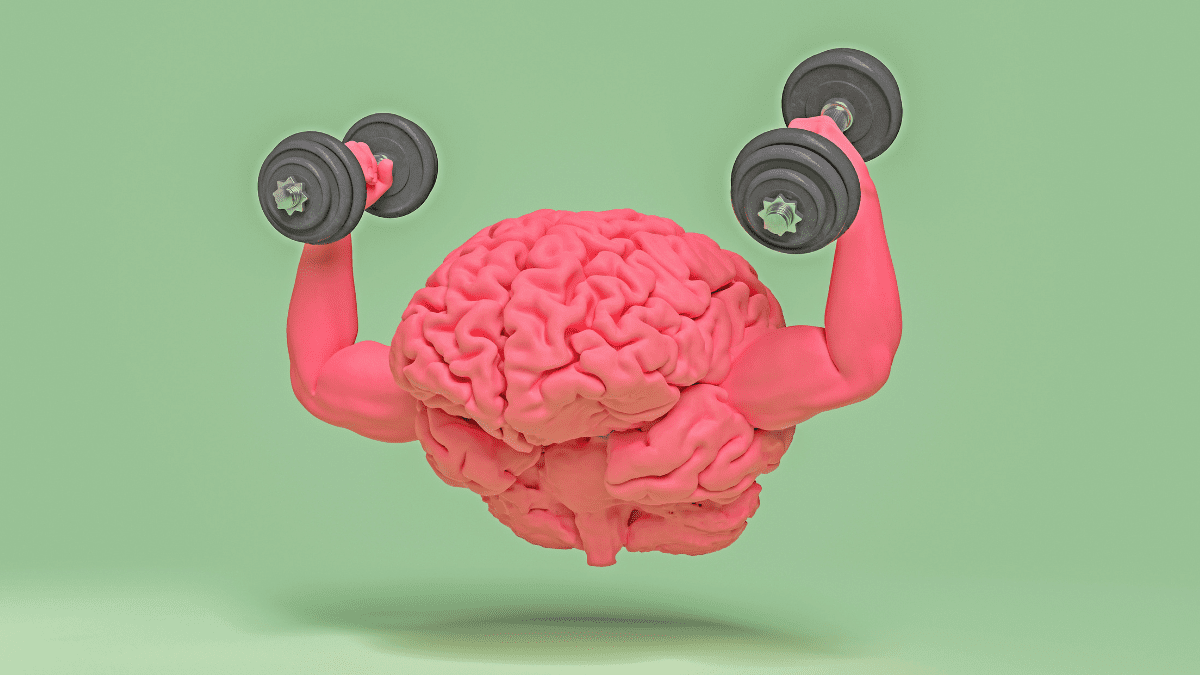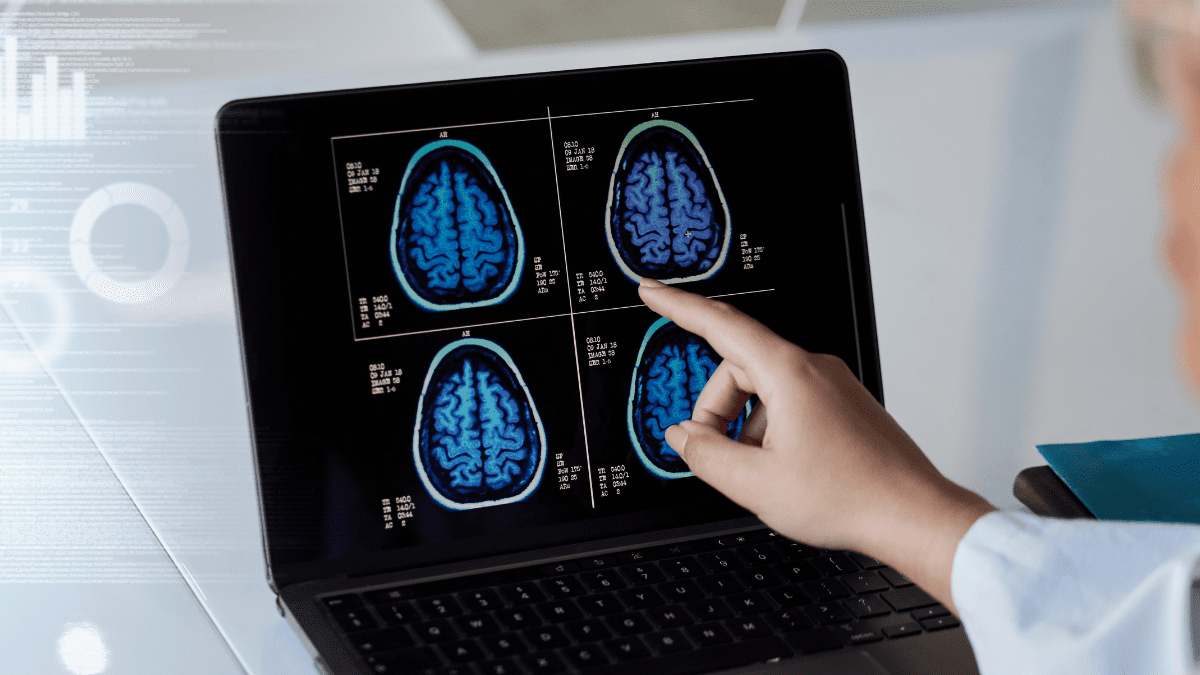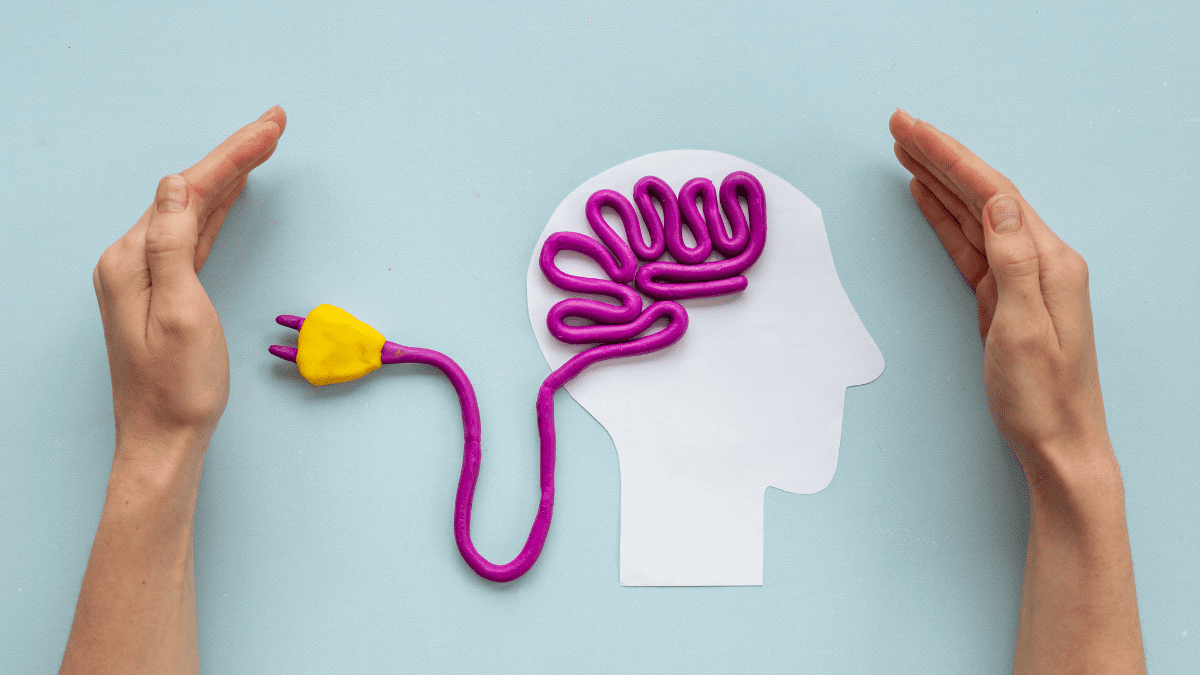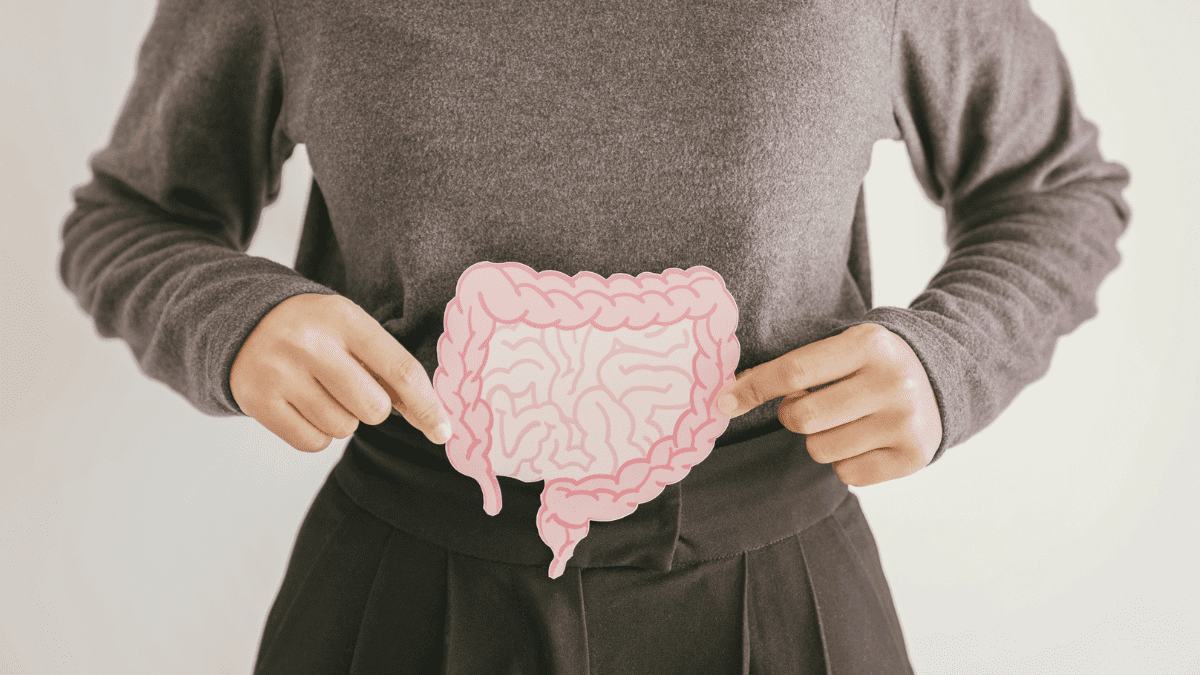Neuroscience and Spirituality: Unlocking the Ultimate Truth
Neuroscience and spirituality expose the mind-blowing truth about your soul! Are we just neurons, or is science uncovering the gateway to a higher reality? The answer will shock you!
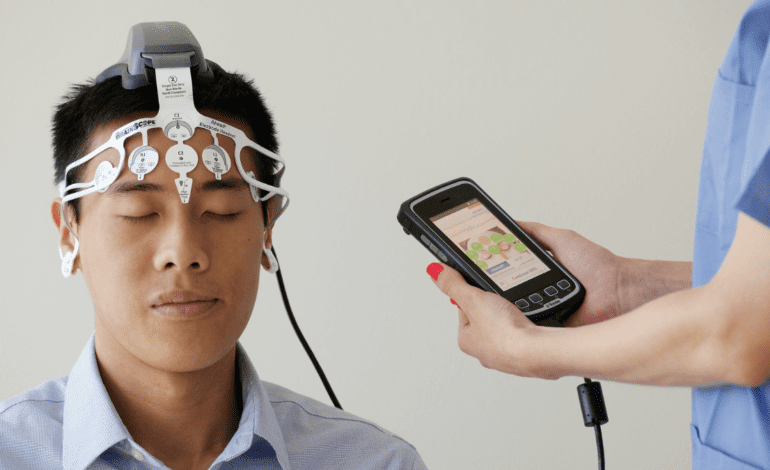
AI in Mental Health: In This Article
- Neuroscience and Spirituality: Are We Unlocking the Truth?
- The Science Behind Spiritual Experiences
- Neuroscience and Spirituality: Are We Hardwired for Spirituality?
- Neuroscience and Consciousness: A Mystery Unsolved
- Meditation and Prayer: Transforming the Brain
- Neuroscience and Spirituality: Awakening
- Does Neuroscience Disprove the Soul?
- The Future of Neuroscience and Spirituality
- Conclusion: A Bridge Between Science and the Divine
- Neuroscience and Spirituality — FAQ
Neuroscience and Spirituality: Are We Unlocking the Truth?
Science and mysticism have long seemed like opposites. Yet, neuroscience and spirituality are now converging in ways once thought impossible. Could science finally explain spiritual awakenings? Or does spirituality hold truths that neuroscience cannot yet grasp?
For centuries, humans have sought answers about consciousness, the soul, and the afterlife. Today, researchers are exploring the brain’s role in mystical experiences, meditation, and even near-death visions. Some say these findings confirm that spirituality is just a neural illusion. Others argue that the brain is merely a tool for experiencing a deeper reality.
But what if the answer lies somewhere in between? Could neuroscience help us decode enlightenment, or is something more profound at play? The search for truth continues, pushing the boundaries of what we know about the mind, body, and soul. If you are on a journey to reset your life and find deeper meaning, explore this guide on holistic health and well-being.
What Does Science Say About Spiritual Experiences?
New research shows that spiritual states activate specific areas of the brain. But does this prove that mystical experiences are real, or just mental illusions?
Is the Brain Hardwired for Spirituality?
Some scientists believe our brains are programmed to seek meaning. But why? Could this be evidence of something greater, or is it just evolution at work?
Can Neuroscience Solve the Mystery of Consciousness?
If the brain creates consciousness, what happens when we die? Is there proof that awareness exists beyond the physical body? Scientists are searching for answers.
The lines between neuroscience and spirituality are blurring. What we discover next could change everything.
The Science Behind Spiritual Experiences
Spiritual experiences have fascinated humanity for centuries. Some describe them as divine encounters, while others see them as brain-generated illusions. But what does science say? Neuroscientists are now uncovering how the brain processes mystical states, offering new insights into the connection between neuroscience and spirituality.
How Does the Brain Process Spiritual Experiences?
When people meditate, pray, or have transcendent experiences, specific brain regions become active. Studies show that the temporal lobe plays a crucial role in these states. This area is linked to emotions, memory, and perception. Some individuals with temporal lobe epilepsy report intense religious visions, suggesting a strong link between brain activity and spiritual experiences.
Another key area is the default mode network (DMN), which controls self-awareness and mind-wandering. Deep meditation and prayer can quiet this network, leading to a loss of ego and a feeling of unity with the universe. This may explain why many spiritual traditions describe enlightenment as a state of oneness beyond the self.
Are Spiritual Experiences Just Brain Illusions?
Some scientists argue that spirituality is merely a product of brain chemistry. Research on dopamine and serotonin suggests that these neurotransmitters influence mystical states. Psychedelics, which mimic these chemicals, often trigger experiences of deep insight and connection. This has led some to believe that spirituality is nothing more than a chemical reaction.
However, others challenge this idea. If spiritual experiences were just brain activity, why do they often lead to lasting positive changes? Many people report deep personal transformations after such events. Their sense of purpose, happiness, and well-being often improve, suggesting that these experiences may be more than just neural activity.
Can Neuroscience Prove the Reality of the Soul?
One of the biggest debates in neuroscience and spirituality is whether consciousness exists beyond the brain. Near-death experiences (NDEs) provide some of the most compelling evidence. Many people who experience NDEs describe floating above their bodies, seeing bright lights, or meeting deceased loved ones. Some even recall verifiable details from events that occurred while they were clinically dead.
A growing number of researchers are studying these accounts. According to a study on near-death experiences, many people report similar patterns, regardless of culture or religion. Some experts suggest that NDEs point to an aspect of consciousness that is not entirely dependent on the brain.
Does Science Support or Challenge Spiritual Beliefs?
The relationship between science and spirituality remains complex. While some findings suggest that spiritual states originate in the brain, others hint at a deeper mystery. The more we learn, the more questions arise. Could neuroscience eventually unlock the full truth, or will spirituality always remain beyond its reach?
Neuroscience and Spirituality: Are We Hardwired for Spirituality?
For centuries, humans have sought meaning beyond the physical world. Spirituality is present in every culture, from ancient rituals to modern meditation. But why do we feel drawn to something greater? Is it a cultural construct, or does the brain naturally seek spiritual connection? Neuroscience is now uncovering surprising insights into this question.
Does the Brain Have a Built-In God Spot?
Some researchers believe the brain has a dedicated region for spiritual experiences. The frontal lobe and temporal lobes are often linked to deep states of prayer, meditation, and mystical visions. Brain scans show heightened activity in these areas when people engage in spiritual practices. This suggests a neurological basis for feelings of connection and transcendence.
The idea of a “God Spot” gained attention when scientists observed that stimulating the temporal lobe can trigger sensations of a divine presence. However, many experts argue that spirituality is more complex. It may not be confined to a single brain region but instead involve multiple networks working together.
Why Do Humans Seek Spirituality?
From an evolutionary perspective, spirituality may have helped humans survive. Religious beliefs and rituals strengthen social bonds, creating more unified communities. Shared faith often promotes cooperation, trust, and resilience in times of crisis. These benefits may explain why spiritual tendencies have persisted across civilizations.
Moreover, studies suggest that spiritual practices can enhance mental well-being. Prayer, meditation, and gratitude are linked to lower stress levels, improved emotional regulation, and increased happiness. This connection between spirituality and mental health has led some scientists to explore whether spiritual beliefs are hardwired into human biology.
Is Spirituality More Than Just Brain Chemistry?
Some argue that spirituality is purely a result of brain activity. Neurotransmitters like dopamine, serotonin, and oxytocin play a role in spiritual states. These chemicals influence emotions, perception, and social bonding, which may explain why spiritual experiences feel deeply meaningful.
However, others challenge this explanation. If spirituality were just a byproduct of brain chemistry, why does it often lead to lasting transformation? Many who experience profound spiritual awakenings report changes in their personality, priorities, and sense of purpose. According to a study on the neuroscience of spirituality, spiritual practices can create long-term shifts in brain structure, leading to enhanced self-awareness and emotional stability.
Does Neuroscience Confirm or Challenge Spirituality?
The more we learn, the more complex the answer becomes. Some findings suggest that spirituality is deeply embedded in our neural circuits. Others propose that it is simply a mental illusion. Either way, the connection between neuroscience and spirituality is undeniable. The question remains: Are we wired for spirituality, or is there something greater guiding us?
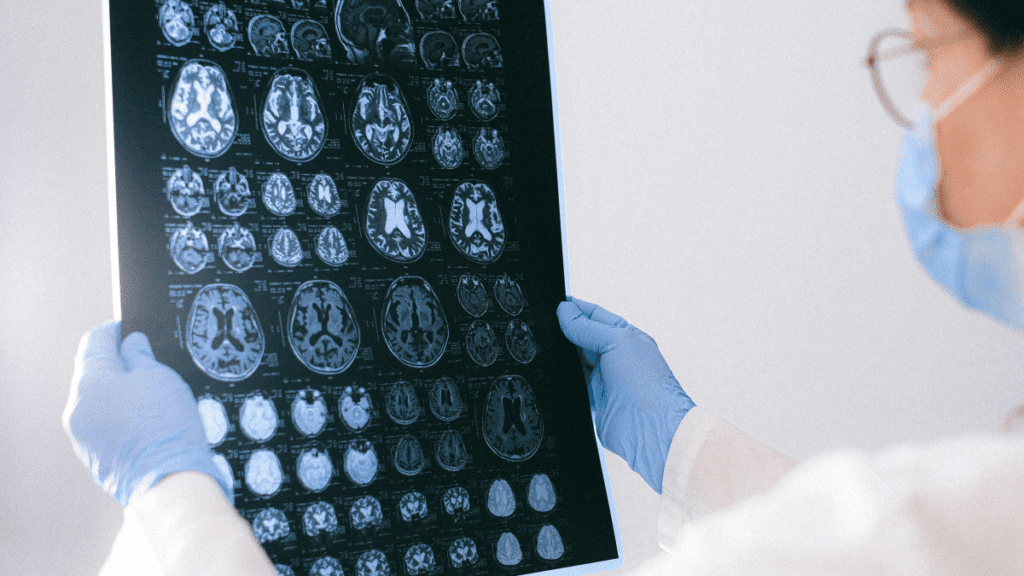
Neuroscience and Consciousness: A Mystery Unsolved
For centuries, philosophers and scientists have debated the nature of consciousness. Is it merely the product of brain activity, or does it exist beyond the physical realm? As neuroscience advances, researchers are uncovering new clues. Yet, the deeper they look, the more complex the mystery becomes.
Does the Brain Create Consciousness?
Many scientists argue that consciousness is simply brain function. Neurons fire, signals pass through neural pathways, and awareness emerges. This view suggests that thoughts, emotions, and even spiritual experiences are nothing more than electrical impulses.
Brain imaging studies support this idea. Researchers have mapped areas responsible for self-awareness, memory, and perception. When these regions are damaged, consciousness changes. This evidence implies that the brain generates consciousness rather than channels it from an external source.
However, some findings challenge this perspective. People with severe brain injuries sometimes retain full awareness. Others experience heightened cognition despite minimal brain activity. These anomalies raise an important question: Could consciousness exist independently of the brain?
Can Consciousness Exist Outside the Brain?
Some researchers believe that consciousness may not be confined to the brain. Cases of near-death experiences (NDEs) provide intriguing evidence. People who have been clinically dead often report vivid memories, out-of-body experiences, and encounters with deceased loved ones.
In many cases, individuals recall specific details that should have been impossible to perceive. Some describe conversations happening in distant rooms while their bodies were unresponsive. These reports suggest that consciousness may persist even when brain function ceases. According to a study on near-death experiences and consciousness, many survivors exhibit lasting psychological transformations, including reduced fear of death and an increased sense of purpose.
What Role Does Quantum Mechanics Play?
Quantum physics has introduced radical ideas about reality. Some scientists propose that consciousness might operate at a quantum level, existing beyond time and space. This theory suggests that the mind is not just a product of the brain but an interconnected field of awareness.
Experiments in quantum mechanics have shown that particles behave differently when observed. This raises profound questions about the relationship between consciousness and reality. Could awareness shape the physical world rather than just perceive it? While the idea is controversial, it has gained interest among neuroscientists and spiritual thinkers alike.
Is Neuroscience Close to an Answer?
The study of neuroscience and spirituality continues to push boundaries. Some findings support the materialist view, while others hint at something more. Consciousness remains one of science’s greatest unsolved mysteries. Will neuroscience eventually uncover the full truth, or will the mind forever remain beyond scientific explanation?
Meditation and Prayer: Transforming the Brain
For centuries, spiritual practices like meditation and prayer have been central to human life. Many believe these practices offer a path to higher consciousness. But what does neuroscience say? Research now shows that meditation and prayer can physically alter the brain, improving mental health and deepening spiritual awareness.
How Does Meditation Reshape the Brain?
Meditation is more than just relaxation. It changes brain structure and function. Studies reveal that regular meditation strengthens the prefrontal cortex, the area responsible for focus and self-control. At the same time, it reduces activity in the amygdala, which controls fear and stress.
Brain scans show that experienced meditators have increased gray matter density, particularly in regions linked to emotional regulation and memory. This suggests that meditation enhances both mental clarity and emotional stability. The longer someone practices, the more pronounced these changes become.
Additionally, meditation influences neuroplasticity, the brain’s ability to rewire itself. This means consistent practice can create lasting improvements in well-being. Research on the neuroscience of meditation and mindfulness shows that even short-term practice leads to significant benefits, including reduced anxiety and better cognitive function.
Can Prayer Have the Same Effect as Meditation?
Prayer, like meditation, has profound effects on the brain. Studies indicate that deep prayer activates the frontal lobes, the region linked to problem-solving and consciousness. This suggests that prayer enhances focus and decision-making.
Moreover, prayer can lower stress. It stimulates the parasympathetic nervous system, which promotes relaxation and emotional balance. Many who engage in regular prayer report a stronger sense of inner peace and resilience.
Interestingly, researchers have found that intense prayer increases levels of oxytocin, often called the “love hormone.” This hormone strengthens social bonds and enhances feelings of connection, both to others and to a higher power.
What Happens to the Brain in Deep Spiritual States?
During deep meditation and prayer, something remarkable occurs. The default mode network (DMN), the part of the brain responsible for self-referential thinking, slows down. This can create a sense of oneness, where the boundaries between self and the universe dissolve.
Mystics and spiritual seekers describe this as an experience of enlightenment. Neuroscientists believe this state may explain why people feel deeply connected to something greater during intense spiritual practices.
Does Neuroscience Support the Power of Spiritual Practices?
The effects of neuroscience and spirituality are undeniable. Meditation and prayer physically reshape the brain, improving mental health and deepening awareness. Science is beginning to confirm what spiritual traditions have known for centuries. Could these practices hold the key to unlocking higher states of consciousness?
Neuroscience and Spirituality: Awakening
Throughout history, people have described sudden moments of profound clarity. These experiences, often called spiritual awakenings, can shift perspectives and change lives. But what happens in the brain during these moments? Neuroscience is now revealing surprising connections between brain function and spiritual transformation.
What Triggers a Spiritual Awakening?
Spiritual awakenings can happen spontaneously or through deep meditation, trauma, or near-death experiences. Many report feelings of intense love, interconnectedness, or even an overwhelming sense of truth. These shifts are often life-changing, leading to greater purpose and well-being.
Brain imaging shows that awakenings involve the thalamus and parietal lobes, regions that process sensory information and self-awareness. During peak experiences, these areas show reduced activity. This suggests that the brain temporarily shuts down the ego, allowing a deeper connection to something beyond the self.
How Does the Brain Change During a Spiritual Awakening?
Neuroscientists have found that altered states of consciousness influence brain activity in fascinating ways. One key area involved is the prefrontal cortex, responsible for higher thinking and decision-making. When a person experiences a spiritual awakening, this region often becomes hyperactive. This could explain why awakenings lead to profound insights and shifts in perception.
Another crucial factor is neurotransmitter activity. Chemicals like dopamine and serotonin surge during these states, creating feelings of euphoria, clarity, and peace. Research on the neurological effects of mystical experiences suggests that these brain changes may lead to long-term improvements in mental health and emotional stability.
Can Psychedelics Induce Spiritual Awakenings?
For centuries, many cultures have used plant medicines to achieve spiritual enlightenment. Today, neuroscience is exploring how psychedelics like psilocybin and DMT affect the brain. These substances alter activity in the default mode network (DMN), the part of the brain responsible for self-referential thoughts.
When the DMN quiets down, individuals often report a loss of ego and a sense of unity with the universe. This effect is similar to what experienced meditators achieve after years of practice. Some researchers believe that psychedelics may offer a shortcut to spiritual insights by temporarily rewiring the brain.
Does Neuroscience Confirm Spiritual Transformation?
The link between neuroscience and spirituality is growing stronger. Studies confirm that spiritual awakenings are not just abstract experiences. They involve measurable changes in brain function and chemistry. Whether achieved through meditation, near-death experiences, or psychedelics, these states leave a lasting impact. Could neuroscience eventually unlock the mechanisms behind enlightenment?

Does Neuroscience Disprove the Soul?
The question of the soul has fascinated humanity for centuries. Some believe it is the essence of our existence. Others argue that consciousness is purely a product of brain function. As neuroscience advances, it is challenging old beliefs while raising new questions. But does it truly disprove the existence of the soul?
Is Consciousness Just Brain Activity?
Many scientists believe that consciousness arises from neural networks. Brain scans reveal that thoughts, emotions, and memories correspond to specific brain regions. When these areas are damaged, personality and awareness often change. This suggests that the brain generates consciousness rather than channels it from an external source.
Studies on functional brain imaging show that self-awareness is linked to the prefrontal cortex and temporal lobes. These areas activate when people reflect on their existence. If consciousness were separate from the brain, why would physical changes affect awareness? This argument supports the idea that consciousness is a byproduct of brain function rather than an independent force.
Can Near-Death Experiences Prove the Soul Exists?
Near-death experiences (NDEs) challenge the idea that consciousness ends with brain activity. Many who have been clinically dead report vivid experiences of floating above their bodies, encountering a bright light, or feeling an overwhelming sense of peace. Some even recall details that should have been impossible to perceive.
Research on near-death experiences and brain function suggests that these events are not mere hallucinations. According to a study on consciousness beyond brain death, some individuals retain awareness even when brain activity appears to have ceased. This raises the question: Could the soul exist independently of the body?
Does Quantum Science Support the Idea of a Soul?
Some scientists are turning to quantum mechanics to explain consciousness. Theories suggest that the mind might not be confined to the brain but instead exist as a field of energy. This idea is supported by experiments showing that particles behave differently when observed. Some believe this hints at a deeper connection between consciousness and reality itself.
The concept of quantum consciousness proposes that our thoughts and awareness could be linked to the fabric of the universe. If true, this would suggest that the soul is not an illusion but a fundamental part of existence. However, these theories remain controversial and require further investigation.
Is Neuroscience Close to Answering the Soul’s Mystery?
The study of neuroscience and spirituality continues to evolve. Some findings support a materialistic view, while others suggest something beyond brain function. The debate is far from over. Could science one day provide a definitive answer, or will the mystery of the soul remain unsolved?
The Future of Neuroscience and Spirituality
The relationship between science and spirituality is evolving. As technology advances, new discoveries are reshaping our understanding of consciousness. Neuroscience is now exploring the boundaries of human perception, challenging old beliefs and offering new possibilities. Could science finally unlock the mysteries of spiritual experiences?
Will Brain Research Prove Spirituality is Real?
Modern neuroscience is uncovering how the brain processes mystical states. Advanced imaging tools like functional MRI (fMRI) and EEG allow scientists to study spiritual experiences in real time. These technologies reveal that deep meditation, prayer, and transcendental states activate unique brain regions.
Recent studies suggest that spiritual experiences create lasting changes in brain structure. Increased activity in the prefrontal cortex and parietal lobes is linked to heightened awareness and a sense of unity. These findings suggest that spirituality is not just a belief system but a measurable neurological process.
Can Artificial Intelligence Decode Consciousness?
Artificial intelligence is now playing a role in neuroscience. Machine learning algorithms analyze brain activity, helping researchers identify patterns linked to consciousness. Some experts believe AI could eventually map the full spectrum of human awareness.
Emerging research on brain-computer interfaces is taking this idea further. Scientists are developing technology that allows direct communication between the brain and machines. This raises profound questions about human consciousness and artificial intelligence. Could future AI systems achieve self-awareness? If so, what would that mean for spirituality?
Is Neuroscience Merging with Ancient Wisdom?
Despite its modern approach, neuroscience is increasingly aligning with ancient spiritual traditions. Practices like mindfulness, breathwork, and energy healing were once dismissed as unscientific. Now, research confirms that these techniques have measurable effects on the brain.
A growing body of evidence suggests that meditative practices enhance cognitive function and emotional stability. According to a study on the impact of mindfulness on the brain, long-term meditation strengthens neural pathways related to compassion and self-awareness. This supports the idea that ancient spiritual techniques can physically transform the brain.
What Lies Ahead for Neuroscience and Spirituality?
The connection between neuroscience and spirituality is becoming clearer. Science is validating many aspects of spiritual practice, yet deeper questions remain. Can neuroscience fully explain the soul? Will technology ever measure enlightenment?
As research continues, the answers may surprise us. Perhaps the truth lies not in choosing between science and spirituality but in understanding how they work together.
Conclusion: A Bridge Between Science and the Divine
Neuroscience and spirituality are no longer separate worlds. Science is uncovering the brain’s role in spiritual experiences. Yet, some mysteries remain beyond its reach. Can consciousness exist outside the brain? Does spirituality offer more than just neural activity? These questions continue to challenge researchers.
Meditation and prayer reshape brain function. They enhance emotional stability and improve well-being. Studies confirm that spiritual practices create lasting changes in brain structure. This suggests that spirituality is more than belief—it has measurable effects on the mind.
Near-death experiences add another layer to the debate. Some individuals recall events that occurred while their brains showed no activity. This challenges the idea that consciousness is purely biological. Could the soul exist beyond the physical body? Science is still searching for answers.
Artificial intelligence and neuroscience are pushing new boundaries. Brain-computer interfaces may soon decode aspects of human consciousness. Some believe AI could simulate self-awareness. If so, what would that mean for spirituality? These advancements raise deep ethical and philosophical questions.
Ancient wisdom is also gaining scientific validation. Breathwork, mindfulness, and meditation have been practiced for centuries. Now, neuroscience confirms their benefits. This fusion of old and new is reshaping how we view spirituality.
The search for truth is far from over. Science continues to reveal new insights. Spirituality offers perspectives that science cannot fully explain. Perhaps both hold pieces of a larger puzzle. The more we explore, the closer we come to understanding the nature of consciousness, the mind, and the soul.
Neuroscience and Spirituality — FAQ
Can neuroscience explain spiritual experiences?
Neuroscience shows that spiritual experiences activate specific brain regions. Meditation, prayer, and near-death experiences trigger changes in the prefrontal cortex and temporal lobes. However, whether these experiences originate in the brain or connect to something beyond remains debated.
Is spirituality just a brain function?
Some scientists argue that spirituality is a byproduct of neural activity. Brain scans reveal that belief, meditation, and rituals engage specific circuits. Yet, many spiritual traditions claim that consciousness extends beyond the brain, leaving the question open for further exploration.
Do meditation and prayer physically change the brain?
Yes, research confirms that meditation and prayer reshape the brain. These practices strengthen neural pathways linked to focus, emotional regulation, and self-awareness. Long-term practitioners often show increased gray matter density in key brain regions.
Can neuroscience prove the existence of the soul?
Science has not proven or disproven the soul’s existence. Some studies on near-death experiences suggest that consciousness may persist beyond brain activity. Others argue that all thoughts and emotions arise from neurons, making the soul an illusion.
Will artificial intelligence help us understand consciousness?
AI and brain-computer interfaces are advancing neuroscience. These technologies help map consciousness and analyze spiritual states. However, whether AI can fully decode the mysteries of the mind and soul remains uncertain.



